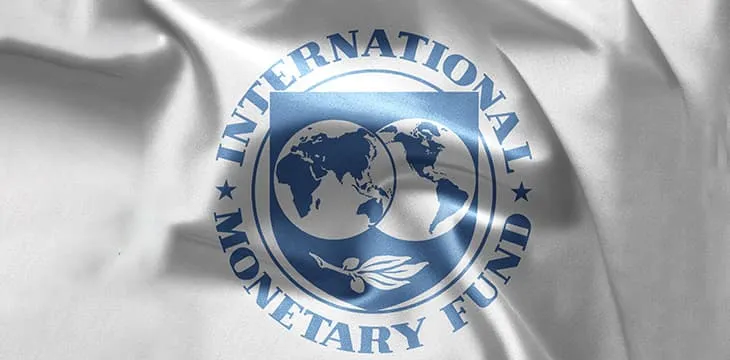|
Getting your Trinity Audio player ready...
|
The International Monetary Fund (IMF) has called for a “comprehensive, consistent and coordinated” approach to global digital currency regulations. Three officials at the global financial organization believe the cross-border and cross-sector nature of digital currencies renders national regulatory approaches ineffective.
Dong He, Aditya Narain, and Tobias Adrian all hold executive positions at the IMF’s Monetary and Capital Markets Department. In a recent blog post, they delved into the risks they believe digital currencies pose to the financial industry and how unified regulations could overcome most of these risks.
The three executives identified determining valuation as one of the key challenges with digital currencies. Others include identifying, monitoring, and managing risks such as financial integrity risks for exchanges and wallets. Lack of investor protection and inaccurate disclosure for some stablecoins also pose challenges that ‘defy regulators.’
The IMF executives believe the solution lies in a unified regulatory approach. They think that the Financial Stability Board (FSB) should develop a global framework comprising standards for digital currencies.
“The objective should be to provide a comprehensive and coordinated approach to managing risks to financial stability and market conduct that can be consistently applied across jurisdictions, while minimizing the potential for regulatory arbitrage, or moving activity to jurisdictions with easier requirements,” they said.
Currently, most countries are working on their own isolated national regulatory approaches. However, with digital currencies being cross-border and cross-sector, such approaches are unlikely to be comprehensive, the IMF believes. “Importantly, many crypto service providers operate across borders, making the task for supervision and enforcement more difficult. Uncoordinated regulatory measures may facilitate potentially destabilizing capital flows.”
The IMF’s recommendations for the best way to regulate the industry is first to license all digital currency service providers. These include storage, custody, transfer, and settlement services.
The Washington-based organization also believes that digital currency service providers must abide by the pre-existing rules for the specific sectors they operate in.
“For example, services and products for investments should have requirements similar to those of securities brokers and dealers, overseen by the securities regulator,” the officials noted.
Watch: CoinGeek New York panel, Future of Digital Asset Trading & Financial Services

 07-15-2025
07-15-2025 





